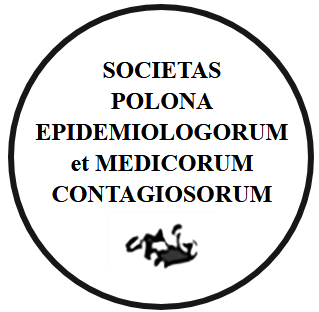ABSTRACT
INTRODUCTION. Since the SARS-CoV-2 emergence in 2019/2020, at least 158 million infections with this pathogen have been recorded, of which 3.29 million infected people have died. Due to the non-specific symptoms of SARS-CoV-2 infection, laboratory tests based on RT-PCR (reverse transcription and polymerase chain reaction) are mainly used in the diagnosis of COVID-19 disease.
AIM. The aim of this study is to compare the molecular tests available on the Polish market for the diagnosis of SARS-CoV2 infection.
RESULTS. Based on the data provided by the manufacturers and the performed laboratory analyses, we have shown that the available diagnostic kits differ mainly in the sensitivity and duration of the reaction.
CONCLUSION. due to the ongoing COVID-19 pandemic, the indicated parameters are key to effective control of the spread of SARS-CoV2, and therefore should be mainly taken into account when choosing and purchasing by diagnostic centres.
STRESZCZENIE
WSTĘP. Od momentu pojawienia się SARS-CoV-2 na przełomie 2019 i 2020 roku, zanotowano co najmniej 158 milionów zakażeń tym patogenem, z czego 3,29 miliona zakażonych osób zmarło. Ze względu na niespecyficzne objawy zakażenia SARS-CoV-2, w diagnostyce choroby COVID-19 stosowane są głównie testy laboratoryjne oparte o reakcję RT-PCR (odwrotna transkrypcja i łańcuchowa reakcja polimerazy).
CEL. Celem niniejszej pracy jest porównanie dostępnych na polskim rynku testów molekularnych do diagnostyki zakażenia SARS-CoV2.
WYNIKI. Na podstawie danych udostępnionych przez producentów oraz wykonanych analiz laboratoryjnych wykazaliśmy, iż dostępne zestawy diagnostyczne różnią się głównie czułością oraz czasem trwania reakcji.
WNIOSKI. Ze względu na trwającą pandemię COVID-19, wskazane parametry są kluczowymi do skutecznej kontroli rozprzestrzeniania się SARS-CoV2, tym samym powinny być głównie brane pod uwagę przy wyborze i zakupie przez centra diagnostyczne.
You can change cookies settings in your browser. Restricted use of cookies in the browser configuration may affect some functionalities of the website.





